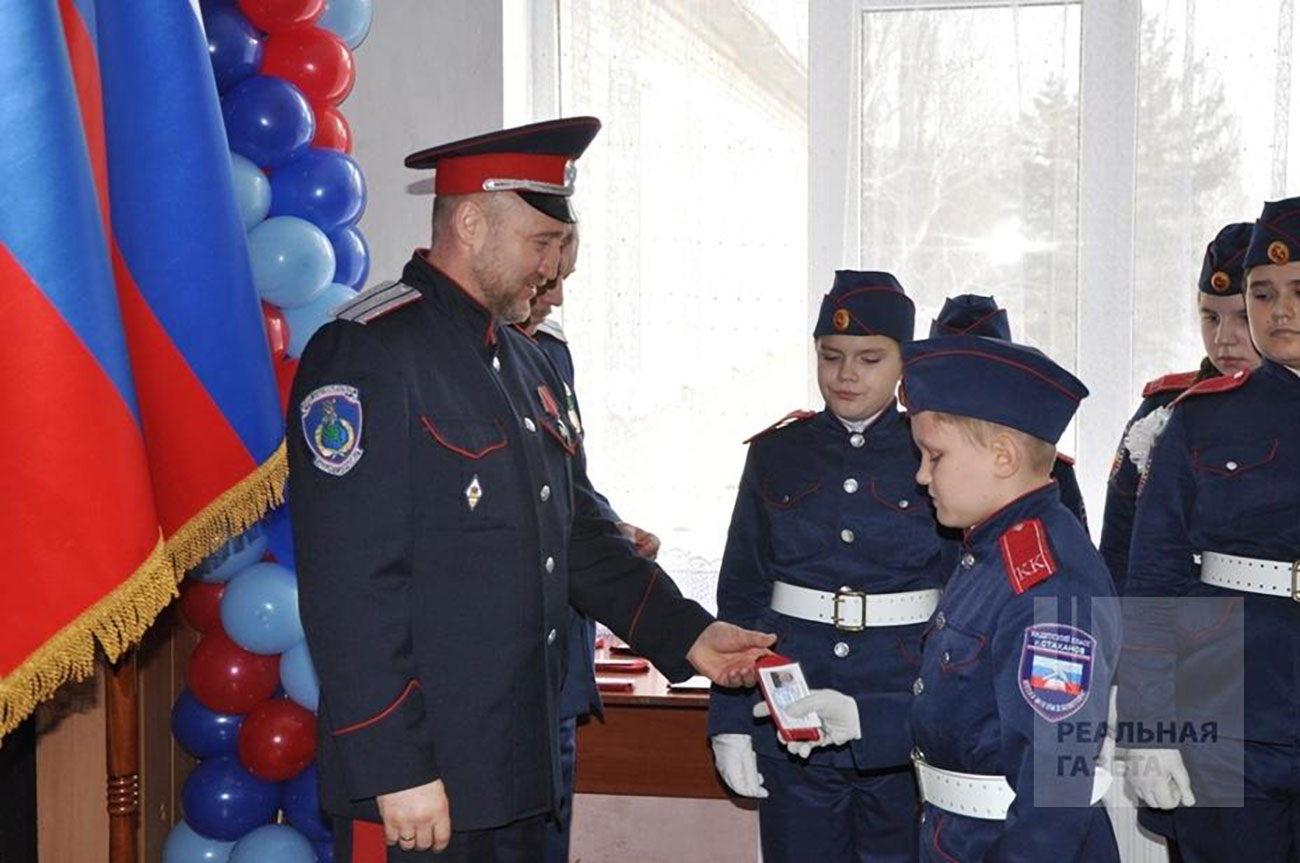Researchers at Yale University have identified at least 210 facilities across Russia and occupied territories where Russian authorities illegally transport Ukrainian children for “re-education,” according to a new report from the Yale School of Public Health’s Humanitarian Research Lab (Yale HRL).
The study reveals the scope of what researchers describe as a systematic program operating since Russia’s full-scale invasion began in 2022. However, the actual number of facilities is likely higher, as Yale HRL continues investigating additional locations, according to the report.
The 210 identified facilities include military cadet schools, bases, medical institutions, religious sites, secondary schools, universities, hotels, family support centers, and orphanages. Most frequently, the locations are camps and sanatoriums, researchers found.
At least 130 of these facilities implemented “re-education” measures that include pro-Russian cultural, patriotic, or military programs, the study documents. Ukrainian children are forced to sing the Russian anthem, attend pro-Russian events, and participate in history and geopolitics lectures conducted entirely in Russian.
The report separately identifies 39 facilities where deported children undergo militarized programs that include combat training. While some organizations claim their programs target children aged 14 and older, Yale researchers note that participants appear to range from 8 to 17 years old.
Children in these military programs are forced to develop firearms and naval training skills, participate in shooting competitions and grenade throwing, and receive instruction in tactical medicine and drone operation, according to the findings.
Researchers documented one instance where children from Donetsk region underwent “airborne training” at a military base, transported there by aircraft belonging to the Russian presidential property management office.
The Russian government directly operates more than half of the documented locations, Yale University researchers emphasize. At least 106 facilities are managed by Russian federal or local government authorities.
The study builds on previous Yale HRL research that identified more than 8,400 children from Ukraine systematically relocated to at least 57 facilities, including locations in Belarus and Russia-occupied territories. Separate research has documented 314 individual Ukrainian children transferred to Russia for coerced adoption and fostering, actions the International Criminal Court has characterized as war crimes.
The investigation spans 20 months of research and represents what experts describe as the largest missing persons case since World War II.




